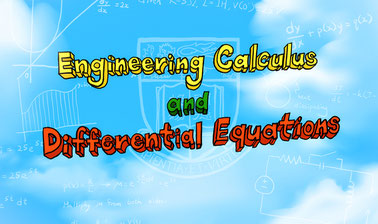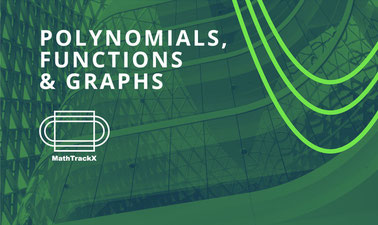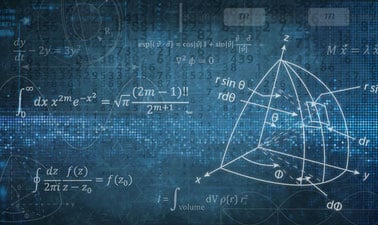
KULeuvenX: Mathematical Techniques for Problem Solving in Engineering and Science
by KU Leuven
About This Course
This course dives deep into the essential mathematical concepts every STEM professional should know, including linear algebra, multivariable calculus, and differential equations. Through main definitions, theorems and practical examples, this course will explore foundational topics and their real-world applications such as data compression using linear algebra, understanding vector fields in physical contexts, and operationalizing mathematics in industrial optimization.
It is structured to aid learners in grasping complex problems through practical algorithms, matrix computations, and the simplification of mathematical problems into matrix language.
What Students Will Learn
- Representation and manipulation of vector spaces and their elements.
- Use of matrix notation for representing linear transformations.
- Computation of inner products, norms, and orthogonal projections.
- Understanding and calculation of eigenvalues, eigenvectors, and their properties.
- Application of the singular value decomposition technique.
- Grasping multivariate calculus including derivatives, critical points, and extrema.
- Comprehension and application of vector fields, and gradient, divergence, and curl calculations.
- Solution of differential equations and systems, understanding their stability using linear algebra.
Prerequisites
- Understanding of complex numbers and basic arithmetic associated with them.
- Knowledge of single variable calculus including derivatives, integrals, and limits.
- Basic familiarity with matrix algebra like matrix operations and determinants.
Course Outline
- Vector Spaces: Understanding basics, basis and coordinates, fundamental spaces, linear transformations.
- Inner Product Spaces: Exploring inner products, norms, projections, orthogonal bases, and least squares.
- The Eigenvalue Decomposition: Learning about eigenvalues, eigenvectors, properties, the decomposition process, and singular value decomposition.
- Optimisation: Studying real functions of multiple variables, partial derivatives, gradient, and critical point identification.
- Integral Theorems: Analysis of vector and scalar fields, conservative fields, line and double integrals, and related theorems like Green's theorem.
- Differential Equations: Exploring first-order differential equations, linear systems, and non-linear autonomous systems.
Who This Course is For
This course is designed ideally for students, professionals, and enthusiasts in STEM fields who are looking to enhance their understanding and application of advanced mathematical concepts in their work or study areas.
Real-World Application
The mathematical skills learned in this course can be directly applied in various scientific and engineering fields for tasks such as optimizing design and function, predicting system behaviors, and enhancing computational efficiencies. These tools are vital for innovation and problem-solving across industries including software engineering, physics, electronics, mechanical engineering, and more.









